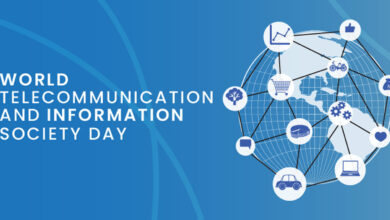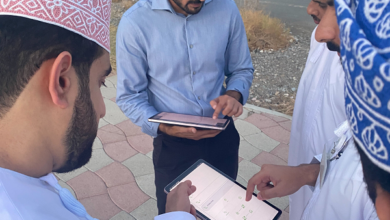India’s DoT Seeks Trai’s Insight on Satellite Communication Spectrum Allocation

The Indian Department of Telecommunications (DoT) is set to consult with the Telecom Regulatory Authority of India (Trai) regarding the allocation and pricing mechanisms for satellite communication (satcom) spectrum, as well as defining the license scope for satcom services. This move follows Trai’s returned consultation paper on space-based communication services, coinciding with the new Telecommunications Act.
A source informed that DoT is actively looking for advice from Trai on setting prices for space-based spectrum and selecting the best methods for distribution. They intend to clarify the services that companies holding administratively allocated spectrum can offer. This step comes as industry giants like Bharti’s OneWeb and Reliance’s Jio have entered the satellite internet market, and Elon Musk’s Starlink is in the process of securing permissions.
The new Telecommunications Act of 2023, while allowing non-auctioned spectrum for point-to-point communications, has raised questions regarding the scope of services that VSAT operators can legally offer – particularly, whether they can provide internet services to end users directly. The satellite technology is of significant importance for connectivity, especially in areas where traditional infrastructure is limited.
The DoT’s dialogue with Trai is expected to clarify roles and responsibilities, align licensing conditions with the latest legal framework, and ensure an effective regulatory environment for current and future satellite communication service operators. The final licensing and allocation decisions for satcom providers are anticipated to align with recommendations made by Trai, in an effort to foster industry growth while maintaining robust regulatory standards.
The Indian Department of Telecommunications (DoT) is preparing to engage with the Telecom Regulatory Authority of India (Trai) to carefully examine the allocation and pricing strategies for satellite communication (satcom) spectrum. In addition, the DoT will work to create a thorough license framework for satellite communication services. This effort is in keeping with the initiatives spurred by the new Telecommunications Act, which is reshaping the landscape of digital communications in India.
The request for consultation by the DoT stems from a forward-looking stance towards the burgeoning satellite communication sector, which is being eyed by several major players, both domestic and international. These firms, including Bharti’s OneWeb, Reliance’s Jio, and Starlink, spearheaded by the tech entrepreneur Elon Musk, are looking to capitalize on the promise of satellite internet. This technology is pivotal for providing connectivity solutions in remote and rural areas where traditional broadband infrastructure is either inadequate or nonexistent.
The potential of the satcom industry is significant, with market forecasts indicating robust growth in the coming years. The proliferation of satellite internet can democratize access to high-speed internet services, stimulate economic development, and bridge the digital divide for populations that have been historically underserved. As companies position themselves to meet this demand, it is imperative for regulatory bodies to provide clear guidelines and fair competition within the market.
However, the industry does face challenges. Regulatory ambiguity concerning the direct provision of internet services to consumers by VSAT operators is one such concern. Furthermore, questions around environmental impact, space debris management, and interference with terrestrial communication networks are pressing issues that require thoughtful regulation.
To better understand the satellite communication market and associated regulatory frameworks, interested parties can visit well-established satellite communication and industry-related websites such as:
– International Telecommunication Union (ITU)
– GSMA
In conclusion, the DoT’s initiative to seek guidance from Trai is poised to create a conducive regulatory environment that meets the needs of the market while ensuring that operational standards are upheld. The resulting policies and regulations will likely have a long-lasting effect on the satellite communication industry, fostering innovation and guiding its expansion in India.

Marcin Frąckiewicz is a renowned author and blogger, specializing in satellite communication and artificial intelligence. His insightful articles delve into the intricacies of these fields, offering readers a deep understanding of complex technological concepts. His work is known for its clarity and thoroughness.



